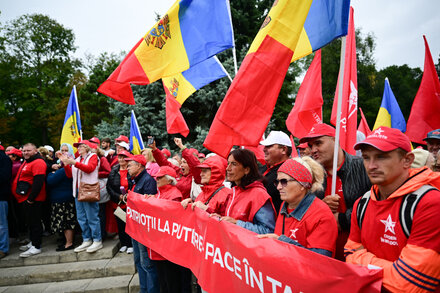
Amid continued instability and a dire humanitarian situation in the Middle East, discussions regarding potential future peace initiatives, particularly those associated with former U.S. President Donald Trump, remain a topic of intense speculation and debate. The concept of a renewed push for peace is seen by some as an imperative, even as the complex realities on the ground present formidable obstacles to any comprehensive resolution.
During his previous term, former President Trump introduced the “Peace to Prosperity” plan in 2020, often dubbed the “Deal of the Century.” This initiative proposed a framework for Israeli-Palestinian peace that focused heavily on economic development, recognition of Israeli sovereignty over settlements, and a conditional pathway to a Palestinian state. The plan faced immediate and strong rejection from the Palestinian Authority, which viewed it as heavily biased towards Israeli interests. Internationally, it received a mixed reception, with some nations acknowledging its effort while others expressed concerns over its viability and departure from established parameters for a two-state solution.
Challenges to a Peace Agreement
The notion of a peace plan’s “impossibility” stems from a multitude of deeply entrenched issues. The ongoing conflict in the Gaza Strip has further exacerbated mistrust and deepened divisions between Israeli and Palestinian populations. Fundamental disagreements over borders, the status of Jerusalem, Israeli settlements, and the right of return for Palestinian refugees remain unresolved. Both Israeli and Palestinian leaderships face significant internal political pressures, making concessions profoundly difficult. Analysts point to the current geopolitical landscape, marked by humanitarian crises and a lack of unified regional or international consensus, as further complicating any diplomatic breakthrough.
The Imperative for Peace
Despite these daunting challenges, many observers argue that a peace initiative has “never been more necessary.” The protracted conflict continues to exact a heavy toll in human lives and suffering, with the humanitarian situation in Gaza demanding urgent attention. The absence of a clear political horizon for Palestinians, coupled with persistent cycles of violence, fuels regional instability. Proponents of a renewed effort suggest that traditional diplomatic approaches have not yielded a lasting solution, necessitating a fresh, albeit potentially unconventional, pathway to de-escalation and a long-term resolution. The sustained violence underscores the urgent need for a political process that addresses the root causes of the conflict and offers a viable future for all parties.
Potential Future Approaches and Reactions
Should former President Trump pursue a new peace plan, it is anticipated that it might align with characteristics observed in his previous administration’s approach: a focus on direct negotiations, potentially significant economic incentives, and a willingness to challenge established diplomatic norms. However, any such plan would likely encounter intense scrutiny and resistance. The Palestinian leadership has consistently stated that a credible peace process must be based on international law and established parameters. Israeli leaders would similarly evaluate any proposal through the lens of national security and sovereignty. The broader international community would also play a critical role, either endorsing or challenging the framework based on its adherence to principles of justice and a durable peace.
In conclusion, the path to resolving the Israeli-Palestinian conflict is undeniably arduous, marked by historical grievances, profound mistrust, and complex political realities. Yet, the persistent human cost and regional instability ensure that calls for new peace initiatives, however challenging their prospects, will continue to resonate as a matter of urgent necessity.
Source: Read the original article here.




